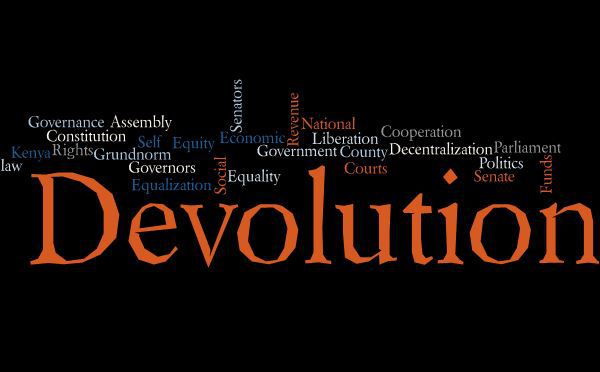By Correspondent
In 2013 the government brought in the new Constitution which, for the first time, factored in the issue of devolution.
However, years have passed with little action taken towards effectually entrenching devolution through enabling laws.
Section (2) of the Constitution obliges the central Government to cede more powers to provincial councils.
These are supposed to set local development priorities.
In 2018 Cabinet approved principles of the Provincial Councils and Administration (Amendment) Bill.
It spelled out the mechanisms of decentralisation and devolution.
However, the responsible Ministers have dithered and delayed in a clear ploy against devolution.
Rhetorical Devolution
Thus, practically, devolution has remained rhetoric with all power still centralised.
However, some civic organisations have been making efforts to change that situation.
In both 2023 one significant court case went a long way in cutting down central government powers.
Combined Harare Residents applied for an order that section 314 of the Urban Councils Act was unconstitutional.
The law gives the Minister of Local Government power to direct councils to rescind their resolutions and decisions.
The final judgment was delivered by Judge Munangati-Manongwa who ruled that the section was indeed unconstitutional.
Effect of Judgment Before It Is Confirmed
According to Veritas, in terms of section 175 of the Constitution the judgment “has no force” unless it is confirmed by the Constitutional Court.
However, that does not mean that section 314 of the Urban Councils Act is valid until the Constitutional Court declares it to be unconstitutional.
This is because because section 2(1) of the Constitution states that any law inconsistent with the Constitution is invalid to the extent of the inconsistency.
The judgment has no force until it is confirmed by the Constitutional Court.
It is not authoritative and cannot be relied on to prove that the Minister has no power to order local authority councils to rescind their decisions.
The judgment, in other words, is suspended until it is confirmed.
“Section 314 of the Urban Councils Act is invalid because, as a matter of law.
“It is inconsistent with the Constitution – and it has been invalid ever since the Constitution was enacted in 2013.
However, the section remains on the statute book and there is a presumption that all statutory provisions are constitutional.
So in the interim, if the Minister directs a council to rescind a decision, anyone aggrieved by the Minister’s directive will have to go to court for an order setting it aside.
They will have to prove all over again that section 314 is unconstitutional.
They will have no difficulty in proving this so the Minister would be very ill advised to issue directives under the section.
However, once the ConCourt has confirmed the judgment, all the courts will have to accept that section 314 is invalid.
They will also have to accept that some other statutory provisions are definitely or at least probably unconstitutional.



